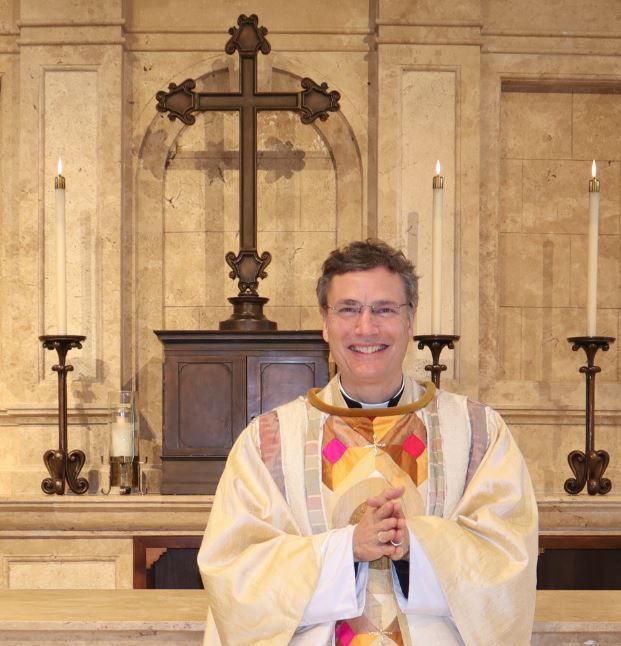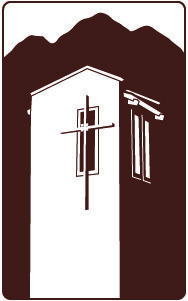Resisting the Powers
When I was in college, my dad convinced me to minor in general business. “No matter what you do in life, no matter what career you end up in, being able to read and prepare financial statements and having a basic understanding of the business world will help you,” he told me. And he was right. I kept and have often referred to my accounting and economics textbooks to help me make sense of financial matters, such as reading income statements and budgets for churches (more about that later…).
My real interest—and the minor I added a couple semesters before graduation—was history. To this day, I still love reading history, and for the last month, I have been reading Bruce Chilton’s latest book The Herods: Murder, Politics, and the Art of Succession. I received it for Christmas along with The Jewish Study Bible, and if you’re into (biblical) history at all like I am, I would recommend both.
Because we are reading so many books together in community right now, I haven’t had too much time to dig into The Herods; usually I spend about 10-15 minutes reading right before bed, so I’m only midway into chapter two. What I’ve learned so far has been interesting, though: What we call the Herodian Dynasty was truly founded by Herod I’s father, Antipater. He was a savvy politician. He cozied up to the Romans at just the right time, gave the (Jewish and anti-Roman) Maccabean revolutionaries high-profile but largely symbolic posts in his administration, and had that flair for grand speeches and dramatic gestures that boosted his status as a public presence.
In many ways, Antipater (and eventually the Herods) are the opposite of what we find in Jesus. In last week’s Gospel lesson, we heard Jesus’s opening proclamation for his ministry: The oppressed will find relief, those who cannot see will find their sight, prisoners will find freedom, and the sick and hurting will find healing. It’s striking what Jesus does not say in this text: He has not come simply to draw a crowd, his mission is not to obtain power or prestige, and his goal is not his own success. Unlike the Herodians who used whatever means necessary to improve their own lives, Jesus came to use whatever means necessary to improve the lives of others.
Today we read Jesus’s mission and think to ourselves “Right on Jesus! Who wouldn’t be for that?” The answer, according to scripture, is most people. In this week’s Gospel reading, we will hear how the people of Nazareth ran Jesus out of town and threatened to throw him off a cliff right after his first sermon. Later in his life, those who opposed Roman occupation were unimpressed with his “render unto Caesar” philosophy about taxes. But Jesus also didn’t make friends with the Romans: Those serving the Roman Empire would have a range of reactions to Jesus ranging from intrigued indifference (Pilate) to indignance (the Sanhedrin) to panicked threat (Herod).
What all those people had in common was a focus on power, the human-centric power that builds and overthrows empires through violence, exploitation, and oppression. Jesus, knowing that all these tools will ultimately lead to suffering and failure, frames his ministry as a rejection of earthly power. His Kingdom is one of healing, community, and freedom. It is selfless rather than selfish.
As we close the book on 2021 with our Annual Report and Annual Meeting, we also look ahead to what God is calling us to in 2022. My hope and prayer as we discern the directions God is leading is that we think less and less about power and influence and control and instead look to the way of the cross, finding it “none other than the way of life and peace” (BCP 168, Collect for Monday in Holy Week).
The Rev. Dr. Perry M. Pauley
Associate Rector, Christ Church of the Ascension
Paradise Valley, Arizona





